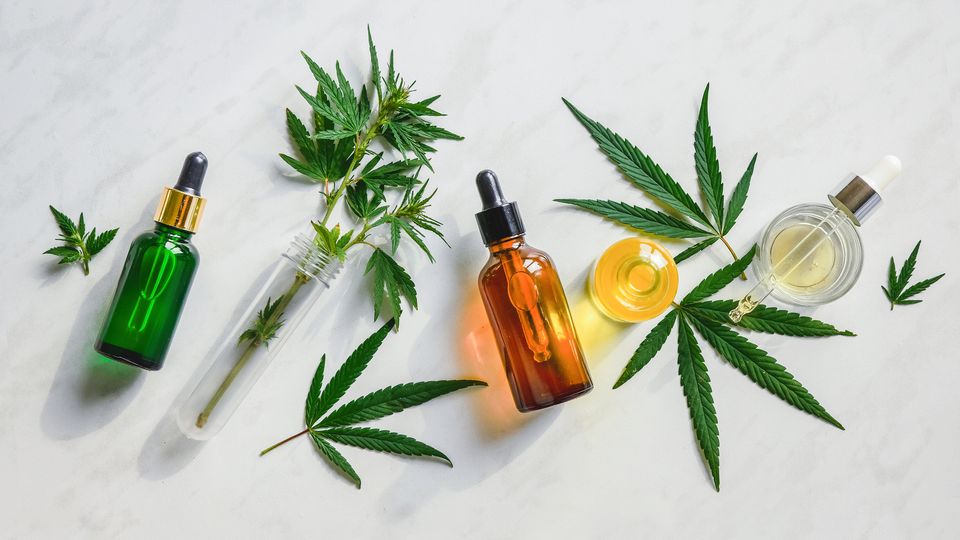In recent years, the conversation surrounding Dabwoods Vape has shifted dramatically. What was once a stigmatized and illegal substance is now being explored for its potential therapeutic benefits, especially in the realm of mental health. Anxiety and depression are two of the most prevalent mental health issues worldwide, affecting millions of people. As traditional treatment options don’t always work for everyone, many individuals are turning to cannabis products to manage their symptoms. In this blog, we’ll delve into the relationship between cannabis and mental health, discussing various products and their potential benefits.
Understanding Anxiety and Depression
Before we dive into the cannabis aspect, it’s essential to understand what anxiety and depression are:
- Anxiety: Anxiety disorders involve excessive worry, fear, or nervousness that can interfere with daily life. Symptoms can range from mild to severe and may include restlessness, rapid heartbeat, and muscle tension.
- Depression: Depression, also known as major depressive disorder, is characterized by persistent feelings of sadness, hopelessness, and a lack of interest or pleasure in activities. Physical symptoms like fatigue and changes in sleep and appetite often accompany it.
Cannabis and Mental Health
Cannabis contains over a hundred different compounds called cannabinoids, with two of the most well-known being delta-9-tetrahydrocannabinol (THC) and cannabidiol (CBD). These compounds interact with the body’s endocannabinoid system, which plays a role in regulating mood, stress, and other mental health functions.
The potential of cannabis in treating anxiety and depression is a subject of ongoing research. While some studies suggest that cannabis may be beneficial, it’s important to note that results can vary depending on the individual, the specific product used, and its dosage. Furthermore, the legal status of cannabis varies widely around the world, so it’s crucial to adhere to local laws and regulations.
Cannabis Products for Anxiety and Depression
- CBD Products: CBD is a non-psychoactive cannabinoid, meaning it doesn’t produce the “high” associated with THC. Many people use CBD products, such as oils, capsules, or gummies, to potentially alleviate anxiety and depression symptoms. Some research suggests that CBD may have anxiolytic (anxiety-reducing) properties.
- Low-THC Cannabis Strains: For those who want to avoid the psychoactive effects of THC, strains with low THC content and high CBD content are available. These strains are often marketed as having a calming and relaxing effect without inducing a strong high.
- Full-Spectrum Cannabis: Some individuals find relief in full-spectrum cannabis products that contain a wide range of cannabinoids, including THC. The idea is that these compounds work together in what’s known as the “entourage effect” to provide a more balanced and effective therapeutic experience.
- Microdosing: Microdosing involves taking very small amounts of THC, typically below the threshold for experiencing a high. This approach may help reduce anxiety and enhance mood without the adverse effects associated with higher THC doses.
- Terpenes: Terpenes are aromatic compounds found in cannabis and other plants. Some terpenes, such as myrcene and linalool, are believed to have potential anti-anxiety and antidepressant properties. Products that highlight specific terpenes may be worth exploring.
- Consultation with Healthcare Professionals: Before trying any cannabis product for anxiety or depression, it’s essential to consult with a healthcare professional, particularly if you’re already taking medications or have underlying health conditions. They can provide personalized guidance and monitor your progress.
Conclusion
Cannabis is not a one-size-fits-all solution for anxiety and depression, and its effectiveness can vary from person to person. While some individuals may find relief in cannabis products, others may not experience the same benefits, or they may encounter adverse effects. It’s crucial to approach cannabis use for mental health with caution, awareness of local laws, and guidance from healthcare professionals. Additionally, ongoing research will continue to shed light on the potential benefits and risks associated with cannabis in managing anxiety and depression.
